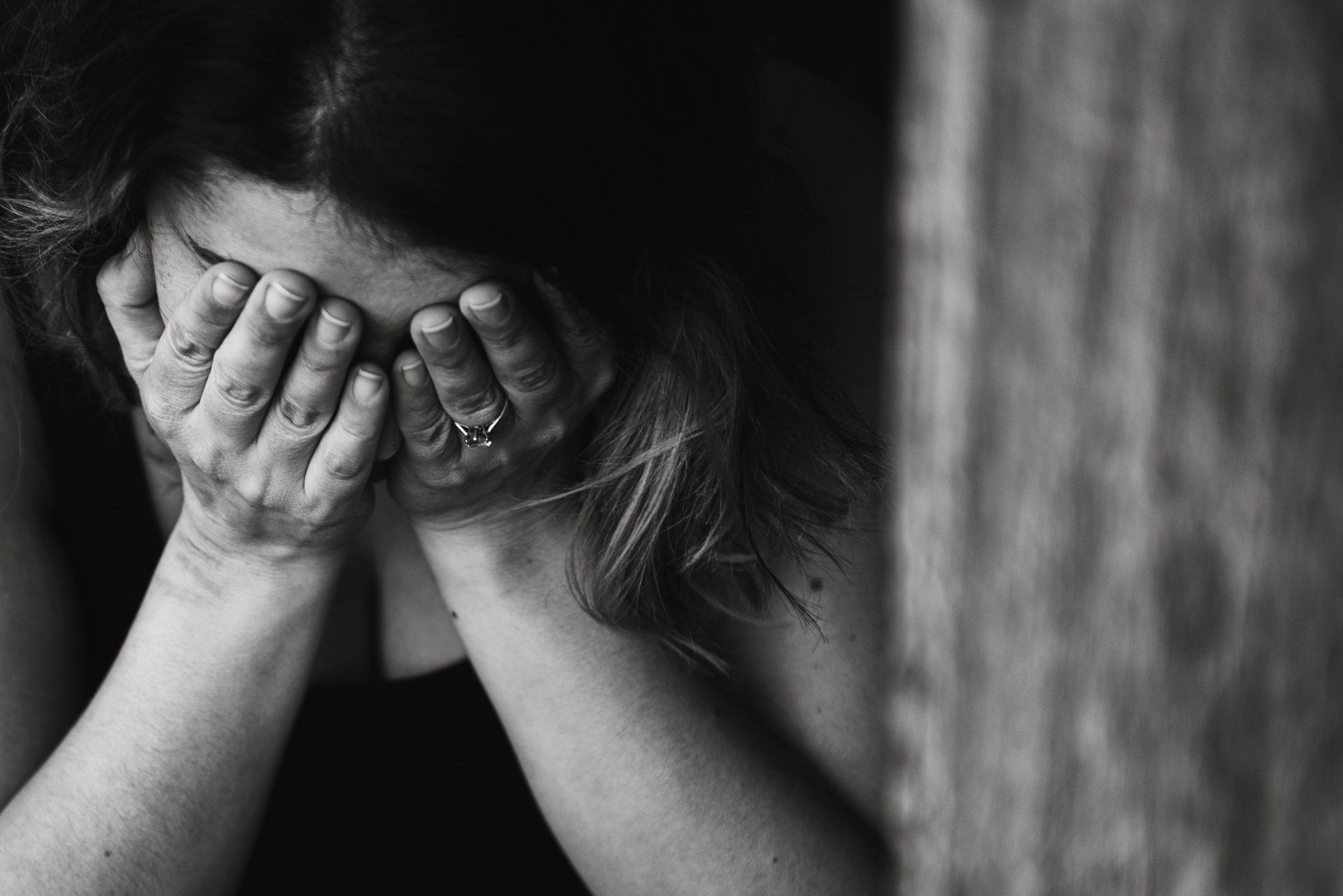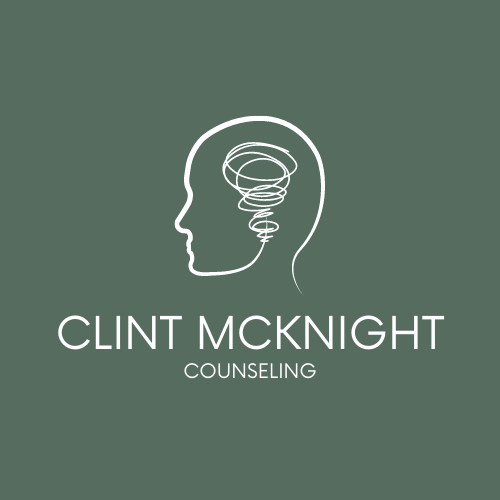Mindfulness
What is Mindfulness?

What is mindfulness? Well to try to define it I would say that Mindfulness is a state of being in which you are focused on the here and now. You notice your present-moment thoughts and more fully experience the sensations of your body. This way of experiencing life brings many benefits, physically, mentally, and emotionally.
When you first begin mindfulness therapy, you might wonder, "What does this have to do with why I'm here?" What you have to remember is that mindfulness is a technique you have to learn. Your therapist will likely guide you through mindfulness exercises that are very basic. However, as mindfulness becomes more familiar to you, your therapist will take you beyond what seems mundane to you and on to your negative and positive thoughts and sensations. This progression allows you to get the most from the therapy and enjoy greater success with it.
A part of mindfulness is being aware of the thoughts that come to you in the present moment. Your therapist may instruct you to talk about your thoughts concerning your hands, for example. The subjects will move closer and closer to the depressed or anxious thoughts that are contributing to your mental state. You'll also spend time sharing positive thoughts that come to you in these moments, so you can learn to notice the good things in life more.
Mindfulness therapy isn't just a fad based on some airy notion dreamed up by a few isolated scientists. It has become a well-established, proven way to overcome depression, anxiety, and mental illnesses of many different types. What's more, it's based on scientific research about the brain, how it functions, and how effective mindfulness is in correcting imbalances in the brain.
Both young and old, men and women, and anyone with the ability to follow the therapist's directions can find benefits from mindfulness practice. Even if you don't have a diagnosed condition or problem, this training can be valuable in helping you experience life more fully and make decisions that will benefit you.



